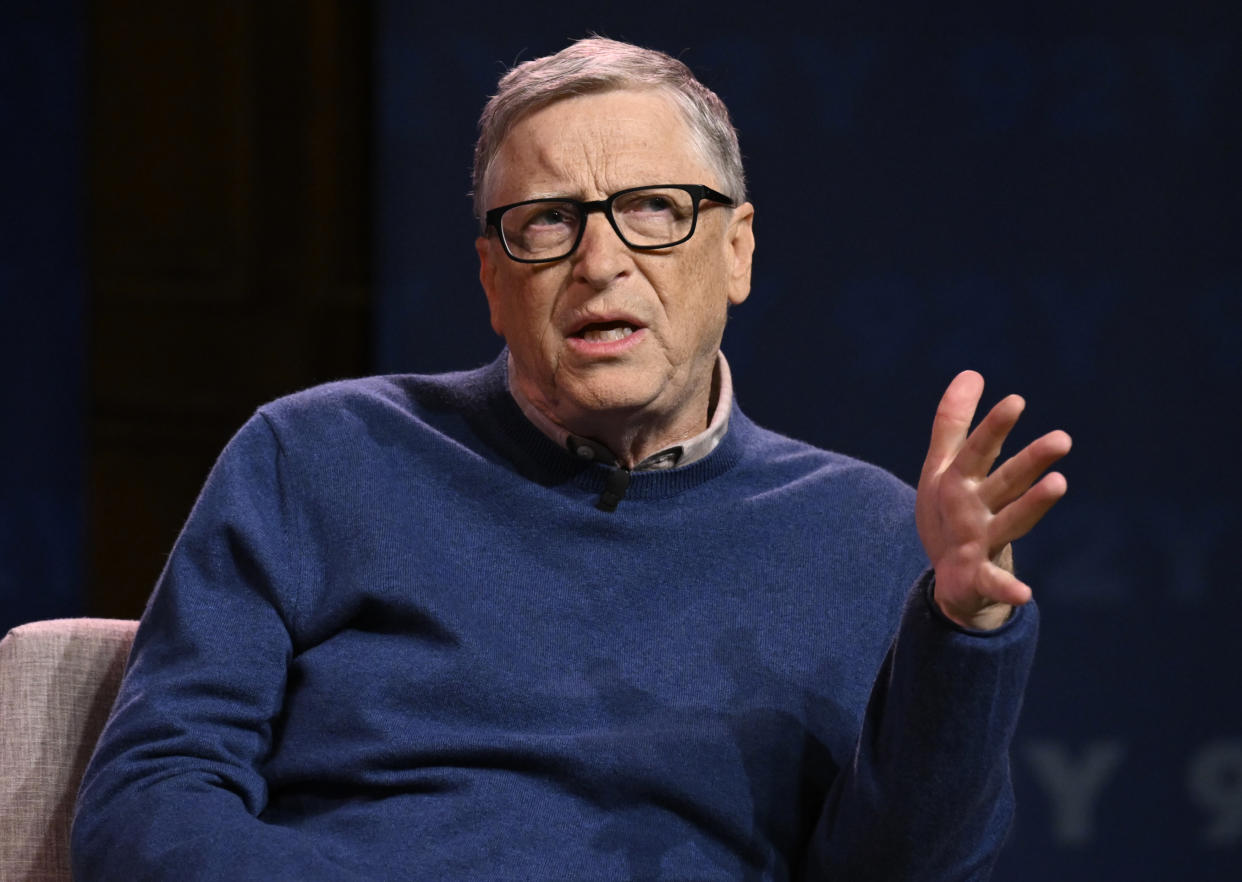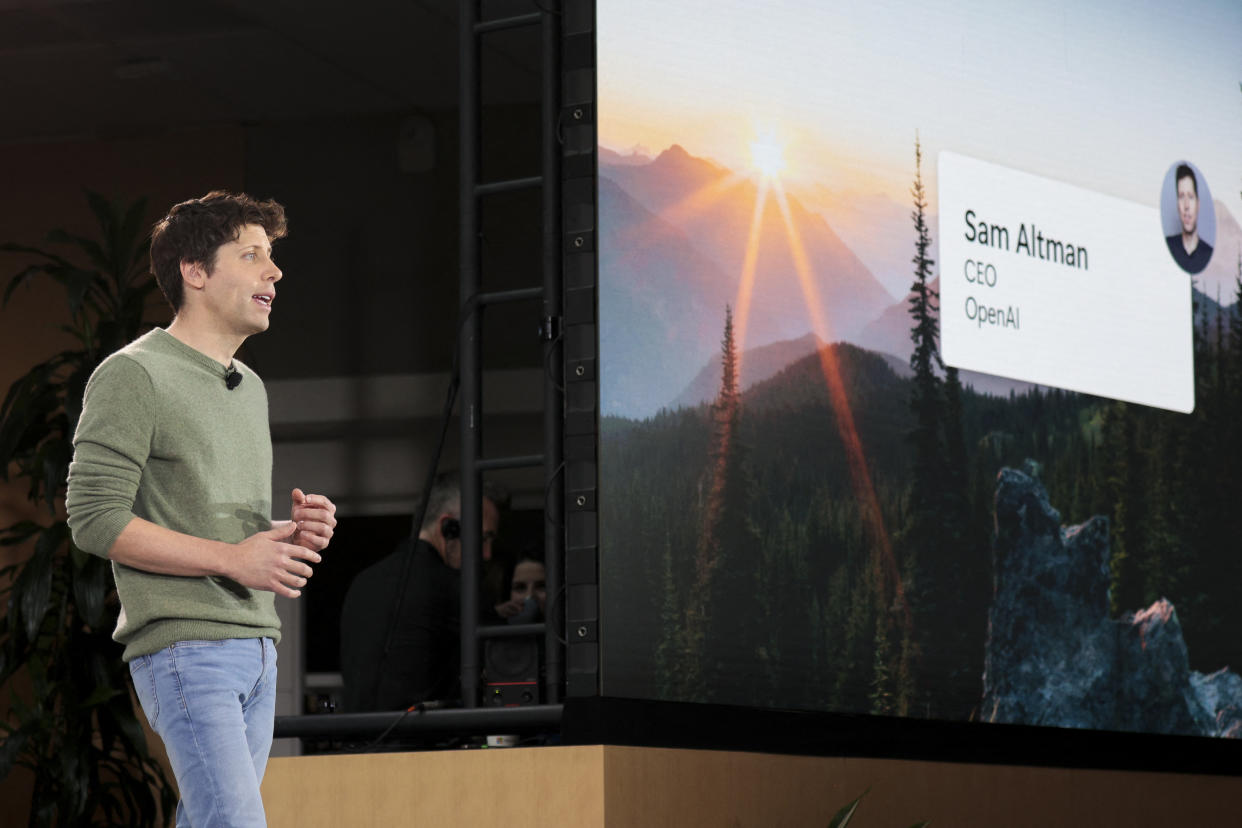Bill Gates: AI could 'undermine elections and democracy'
Microsoft founder Bill Gates thinks powerful new artificial intelligence could program deepfakes and misinformation so severe that it disrupts political processes worldwide.
"Deepfakes and misinformation generated by AI could undermine elections and democracy," Gates said in a new post on his blog Tuesday. "On a bigger scale, AI-generated deepfakes could be used to try to tilt an election. Of course, it doesn’t take sophisticated technology to sow doubt about the legitimate winner of an election, but AI will make it easier."
The post marks an intensification of Gates's tone around AI compared to his more hopeful view of it in a March blog entry.

Gates is correct to stand up the warning ahead of what is already shaping up to be another contentious presidential election in 2024.
There have been three times as many deepfakes in video form and eight times as many voice deepfakes posted online this year versus 2022, Reuters reported, citing data from DeepMedia.
One of the most prominent political deepfakes of 2023 came in mid-April.
An AI-generated clip circulated on social media showed former US Secretary of State Hillary Clinton endorsing Florida Governor Ron DeSantis for president.
The video is considered a deepfake. But it's unclear if the clip has swayed the minds of voters.
A tally of 500,000 video and voice deepfakes will be shared on social media websites around the world this year, DeepMedia projects.

The AI arms race
Gates's comments on AI and the political process are likely to send ripples throughout the tech beast he founded.
That's because Microsoft (MSFT) is making a huge bet today that the future will be heavily reliant on AI.
In early February, Microsoft unveiled a new version of its Bing search engine that runs on a more powerful version of OpenAI's ChatGPT natural language AI technology. Microsoft said it would add ChatGPT to its 365 suite of business software which includes Word, PowerPoint, and Excel.
This came after Microsoft unveiled a $10 billion investment in OpenAI in late January, which triggered an arms race in tech land.

Google (GOOG, GOOGL) responded by introducing its chatbot Bard.
Salesforce (CRM) unveiled Einstein GPT, which it says is the world's first generative AI customer relationship management (CRM) technology. Einstein GPT can generate personalized emails for salespeople to fire off to customers and create specific responses to key customer questions.
Amid this flurry of AI development, Gates still struck a somewhat hopeful note.
"Two things make me guardedly optimistic," Gates said. "One is that people are capable of learning not to take everything at face value. For years, email users fell for scams where someone posing as a Nigerian prince promised a big payoff in return for sharing your credit card number. But eventually, most people learned to look twice at those emails. As the scams got more sophisticated, so did many of their targets."
"We’ll need to build the same muscle for deepfakes," Gates added. "The other thing that makes me hopeful is that AI can help identify deepfakes as well as create them."
Brian Sozzi is Yahoo Finance's Executive Editor. Follow Sozzi on Twitter @BrianSozzi and on LinkedIn. Tips on deals, mergers, activist situations or anything else? Email brian.sozzi@yahoofinance.com
Click here for the latest stock market news and in-depth analysis, including events that move stocks
Read the latest financial and business news from Yahoo Finance
